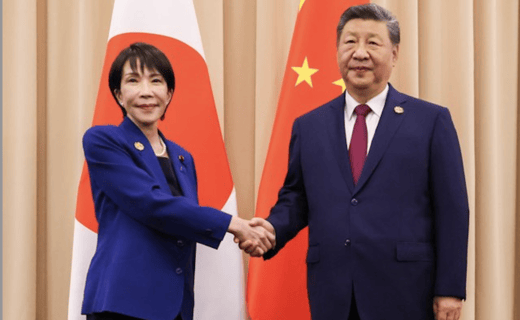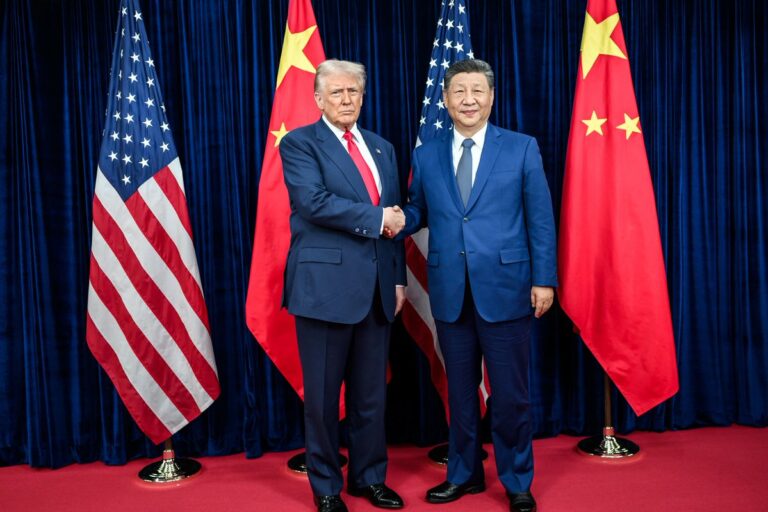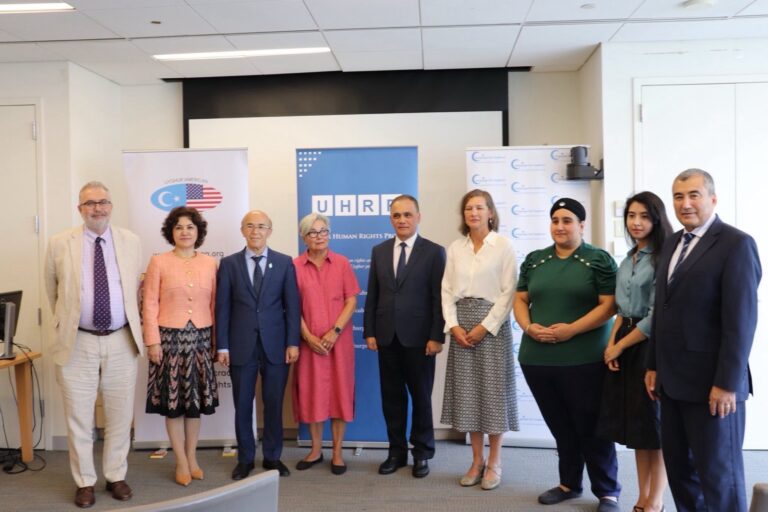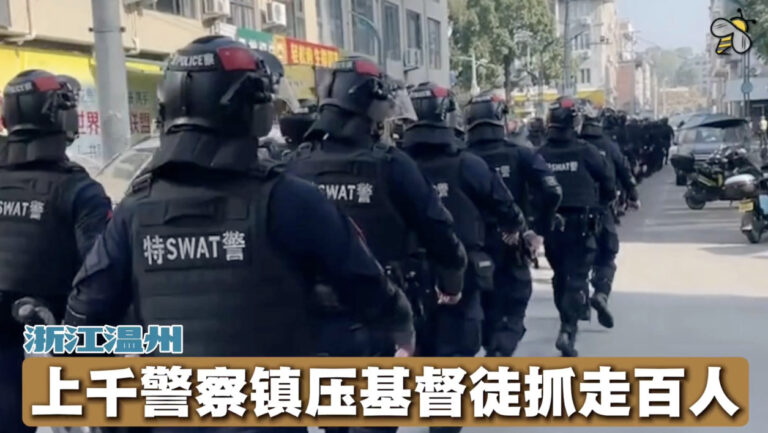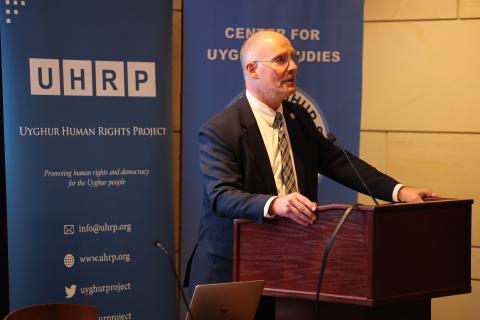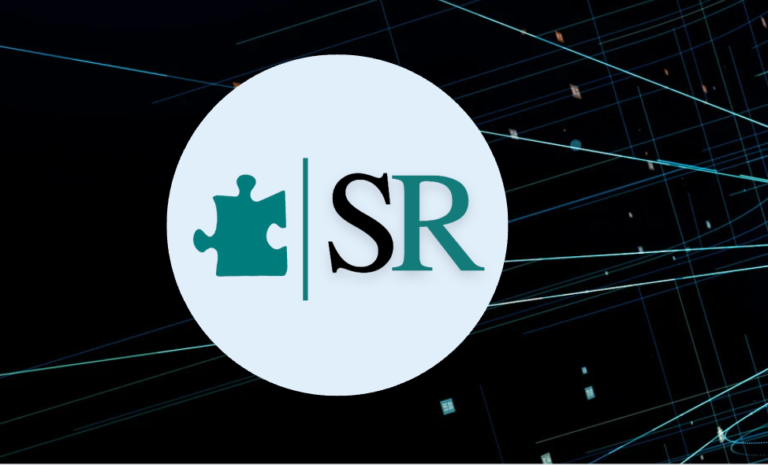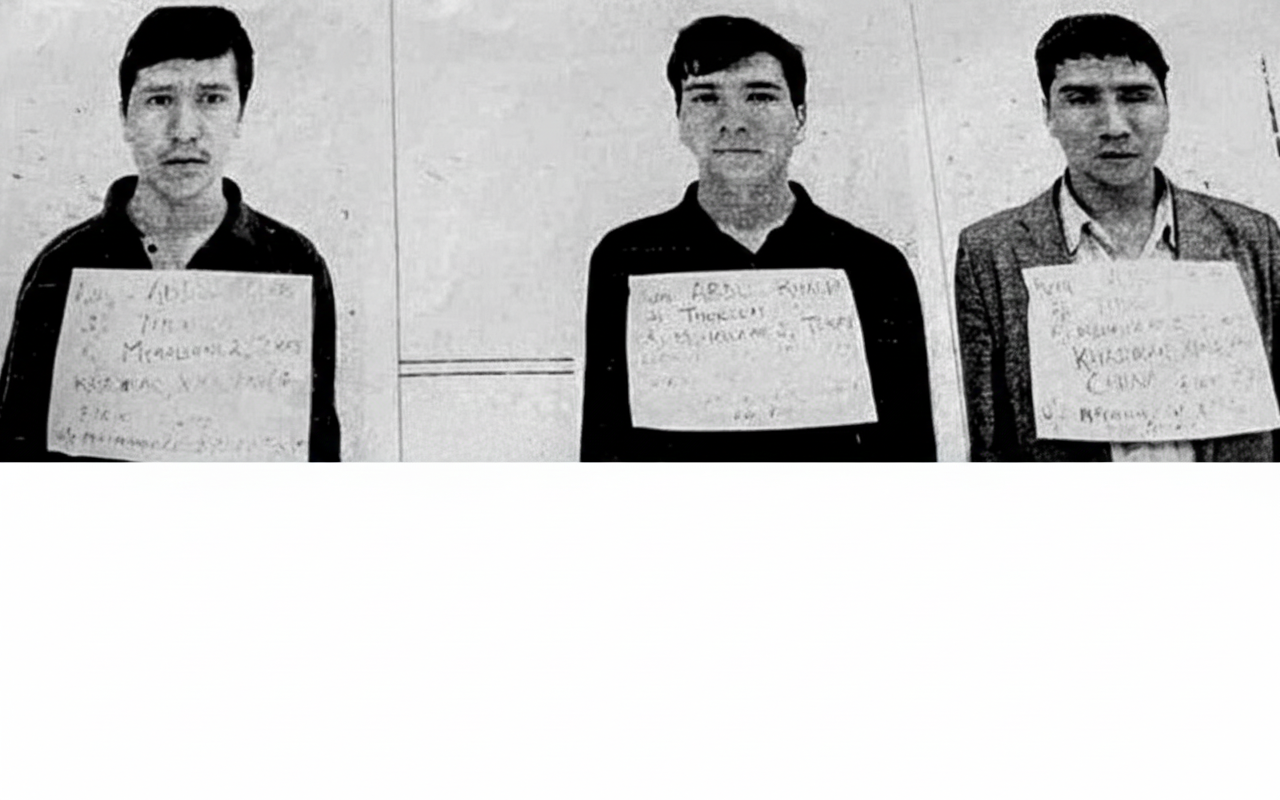By Alex Chen
Following the crucial initial step taken by the bipartisan Uyghur Human Rights Policy Act, Congress has intensified its efforts to address the severe acts of genocide committed by the Chinese Communist Party (CCP) in Uyghuristan. Recognizing the ongoing atrocities, Congress has passed the bipartisan Uyghur Forced Labor Prevention Act to ensure that the United States does not support or import goods tainted with slave labor.
Regrettably, Beijing has persistently pursued its genocidal campaign against Uyghur and other ethnic minority groups within the Xinjiang Uyghur Autonomous Region (XUAR). To effectively hold Chinese government officials accountable for their heinous crimes, such as forced abortions or sterilizations, Congress should expand existing sanctions and visa prohibitions. These measures will serve as a crucial deterrent and impose consequences for their actions.
Therefore, Senators Marco Rubio (R-FL) and Jeff Merkley (D-OR) have introduced the Uyghur Genocide Accountability and Sanctions Act (UGASA). The UGASA aims to hold Chinese government officials accountable for their crimes by expanding existing sanctions and visa prohibitions. It also seeks to provide assistance to victims of the genocide through the U.S. State Department and the U.S. Agency for International Development. The bill authorizes initiatives to counter Chinese propaganda regarding the ongoing acts of genocide, supports the preservation of cultural and linguistic heritages repressed by the CCP, and mandates disclosures to the Securities and Exchange Commission (SEC) regarding entities involved in activities supporting the CCP’s genocide in the XUAR.
The bill consists of several sections that outline the proposed actions and provisions. These sections include, but are not limited to:
-Expansion of sanctions under the Uyghur Human Rights Policy Act of 2020, which was modified to expand the scope of targeted individuals. It now includes “persons residing in the Xinjiang Uyghur Autonomous Region or members of those groups in countries outside of the People’s Republic of China.” It also identifies specific human rights abuses, such as systematic rape, coercive abortion, forced sterilization, involuntary contraceptive implantation, human trafficking for organ removal, forced separation of children from parents for placement in boarding schools, and forced deportation or refoulement to the People’s Republic of China,
-Granting the President the authority to implement the expanded sanctions using the International Emergency Economic Powers Act. The President is also empowered to issue regulations, licenses, and orders necessary for enforcement,
-Urging the President to utilize these sanctions to address the ongoing atrocities, particularly forced labor, in Uyghuristan and hold Chinese officials accountable for their involvement in these human rights abuses,
-Denial of entry into the United States for individuals complicit in forced abortions or forced sterilizations, amending existing legislation to strengthen the denial of entry. It introduces provisions for waivers under certain conditions, mandates public announcements when prohibitions are imposed, and provides Congress with information upon request,
-Authorization for the Department of State, in coordination with the United States Agency for International Development (USAID), to provide physical and psychological support to individuals belonging to oppressed ethnic groups in the People’s Republic of China, including Uyghurs, Kazakhs, Kyrgyz, and others who have experienced atrocities such as torture, forced sterilization, rape, forced labor, or forced abortion. The assistance will be provided to those residing outside of China and includes medical care, physical therapy, and psychological support. The bill also acknowledges the cultural and linguistic heritage under threat by the Chinese government’s genocide in Uyghuristan. It recommends using diplomatic, development, and cultural activities to preserve these heritages. A report on establishing a grant program to aid affected communities is required. Additionally, $2,000,000 is authorized annually to support a Repressed Cultures Preservation Initiative within the Smithsonian Institution,
-Within 60 days of the enactment of this Act, the Secretary of the Treasury, in consultation with the Secretary of State and the Attorney General, is required to determine whether certain Chinese entities meet the criteria for imposing sanctions. These entities are specified in subsection (b) and include Hangzhou Hikvision Digital Technology Co., Ltd., Shenzhen Huada Gene Technology Co., Ltd. (BGI Group), Tiandy Technologies Co., Ltd., Zhejiang Dahua Technology Co., Ltd., China Electronics Technology Group Co., Zhejiang Uniview Technologies Co., Ltd., and ByteDance Ltd. If the Secretary of the Treasury determines that an entity is responsible for human rights abuses or meets the criteria for sanctions, it will be included on the list of specially designated nationals and blocked persons. A report with the reasons for the determination must be submitted to Congress, which can include a classified annex,
-The Secretary of State, in collaboration with the United States Agency for Global Media, must submit a strategy to counter propaganda from sources associated with the Chinese government or influenced by the Chinese Communist Party. The strategy aims to address denial of genocide and human rights abuses, propaganda about US actions, targeting of dissenters, and pressuring UN member countries. It includes existing efforts, metrics for success, new strategies, goals, and funding from the Countering PRC Influence Fund,
-The Secretary of State and the Administrator of the United States Agency for International Development have the authority to provide assistance, both financial and technical, to entities working to address genocide and crimes against humanity committed by the Chinese government. This assistance includes collecting and preserving evidence, identifying perpetrators, conducting criminal investigations, supporting investigations by other entities, and protecting witnesses involved in these investigations. The goal is to hold those responsible accountable for their actions,
-Prohibition for the head of an executive agency from entering into contracts for the procurement of goods or services with certain entities. These include individuals identified in the report required by the Uyghur Human Rights Policy Act of 2020, individuals associated with forced labor in the Uyghuristan region, individuals facilitating genocide and human rights abuses in Uyghuristan, and individuals or activities involved in forced labor or violations of labor rights in China.The head of each executive agency must consult with the Forced Labor Enforcement Task Force for the implementation of these provisions. The President is also required to submit a report on the implementation of this section to relevant congressional committees.
-Amendment to the Securities Exchange Act of 1934 to require disclosures to the Securities and Exchange Commission (SEC) regarding certain activities related to the Xinjiang Uyghur Autonomous Region in China. The amendment defines “covered entities” and imposes reporting requirements on issuers filing applications to register securities with national securities exchanges. It also requires documentation and independent verification of supply chain links, penalties for non-compliance, and public availability of documentation. Issuers are required to disclose any engagement with covered entities in their annual or quarterly reports, and notices of such disclosures must be filed with the SEC. The SEC will transmit the reports to relevant committees and make the information publicly available. The President will determine whether investigations and sanctions should be initiated based on the reported activities.
Overall, this bill aims to address the ongoing human rights abuses in Uyghuristan, promote accountability, support the affected communities, and counter the genocidal policies pursued by the Chinese government. The bipartisan Uyghur Human Rights Policy Act served as an important initial step to address the atrocities committed by the CCP in Uyghuristan. However, due to the continued genocide in the region, Congress should augment existing sanctions, prohibitions against Chinese government officials involved in forced abortions or sterilizations, and a variety of punishments and restrictions on the Chinese Communist Party and related interest groups. These measures will reinforce accountability and demonstrate the unwavering commitment to protect human rights and uphold justice.
Cover image: Kuzzat Altay / Unsplash
